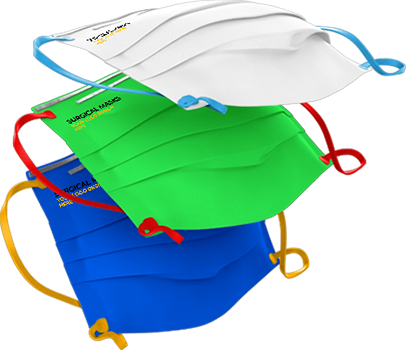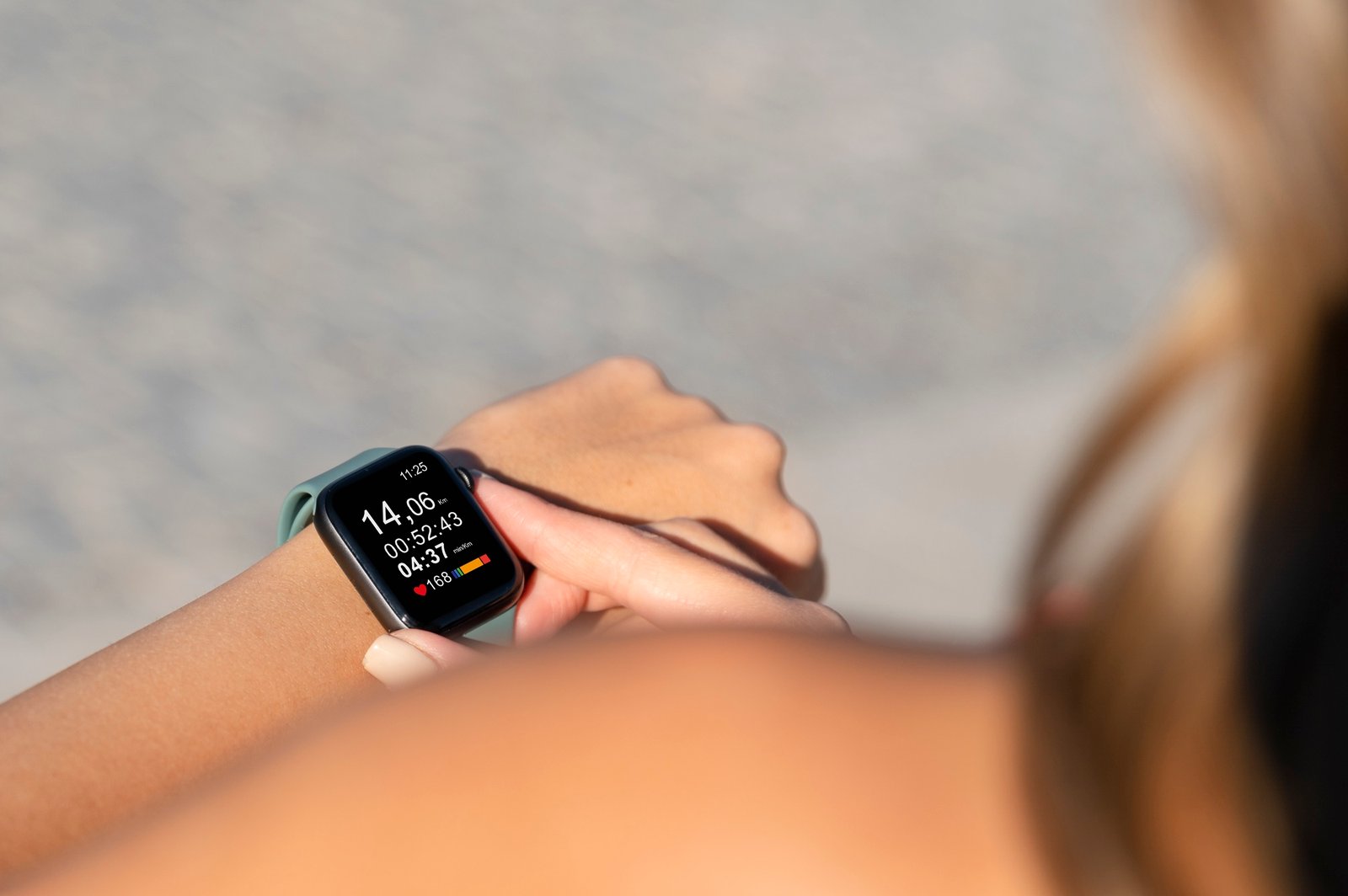Blood Pressure Monitors vs. Smartwatches: Which One Should You Trust?
With the rise of wearable technology, smartwatches have become a popular tool for tracking vital signs, including blood pressure. But can they really replace traditional blood pressure monitors? If you’re managing hypertension or simply keeping an eye on your health, it’s essential to understand the differences between these two devices. In this post, we’ll compare blood pressure monitors and smartwatches to help you decide which one best suit your needs.
For reliable health management, use both: a smartwatch for continuous insights and a blood pressure monitor for medical accuracy.
Understanding Blood Pressure Monitors
Traditional blood pressure monitors, also known as sphygmomanometers, measure blood pressure using an inflatable cuff that compresses the artery. These devices are available in two types: manual monitors, which require a stethoscope, and digital monitors, which automatically inflate and display readings on a screen.
Blood pressure monitors are known for their high accuracy and are the preferred choice for medical professionals. They are clinically approved, widely recommended for managing hypertension, and provide precise, reliable readings necessary for making critical health decisions. However, they may not be the most convenient for daily use since they require a cuff and proper positioning.
How Smartwatches Measure Blood Pressure
Smartwatches use optical sensors (PPG) or electrocardiogram (ECG) technology to estimate blood pressure. Some models require manual calibration with a traditional cuff, while others rely solely on wrist-based sensors. These wearables provide continuous tracking, making them convenient for those who want real-time health insights.
Despite their advanced technology, smartwatch readings are often less accurate than traditional blood pressure monitors. They can detect trends and fluctuations, but the readings may vary based on factors like movement, wrist placement, and calibration. While some smartwatches are FDA-approved, most are not considered a replacement for medical-grade devices.
Key Differences Between Blood Pressure Monitors and Smartwatches
One of the biggest distinctions is accuracy. Blood pressure monitors are clinically validated and highly precise, making them essential for individuals with hypertension or heart conditions. Smartwatches, on the other hand, provide general trends rather than exact measurements and should not be solely relied upon for medical purposes.
When it comes to usability, smartwatches offer effortless, real-time monitoring, while blood pressure monitors require a cuff and proper positioning for each measurement. If you need continuous tracking throughout the day, a smartwatch may be useful, but for medical-grade accuracy, a traditional blood pressure monitor is the better choice.
Another key factor is medical approval. Many digital blood pressure monitors are FDA-approved and used by healthcare professionals, whereas only a few smartwatches meet medical standards for accuracy. This makes blood pressure monitors the gold standard for anyone who needs reliable readings for health management.
Which One Should You Trust?
If you have hypertension or cardiovascular condition, a clinically approved blood pressure monitor is your best bet. These devices provide accurate, reliable readings that doctors trust when diagnosing and managing health conditions.
Smartwatches, while innovative, are best suited for general health tracking rather than precise medical monitoring. They can help you identify trends, track lifestyle changes, and give you an overview of your wellness. However, they should always be used alongside a proper blood pressure monitor rather than as a replacement.
For the most effective health tracking, you may want to use both—a blood pressure monitor for accurate readings and a smartwatch for continuous data monitoring.
Final Thoughts
Technology has made health tracking easier than ever, but when it comes to blood pressure, accuracy matters. Smartwatches offer a convenient way to monitor trends, but for precise measurements, a trusted blood pressure monitor is still the gold standard.
Do you track your blood pressure with a smartwatch or a traditional monitor? Share your experience in the comments below!






3 thoughts on “Blood Pressure Monitors vs. Smartwatches: Which One Should You Trust?”
Karon Balina
October 7, 2020Lorem ipsum dolor sit amet, consectetur adipisicing elit, sed do eiusmod tempor incididunt ut labore et dolore magna aliqua. Ut enim ad minim veniam, quis nostrud exercitation ullamco laboris nisi ut aliquip ex ea commodo consequat.
admin
October 7, 2020Lorem ipsum dolor sit amet, consectetur adipisicing elit, sed do eiusmod tempor incididunt ut labore et dolore magna aliqua. Ut enim ad minim veniam, quis nostrud exercitation ullamco laboris nisi ut aliquip.
Arista Williamson
October 7, 2020Lorem ipsum dolor sit amet, consectetur adipisicing elit, sed do eiusmod tempor incididunt ut labore et dolore magna aliqua. Ut enim ad minim veniam, quis nostrud exercitation ullamco laboris nisi ut aliquip ex ea commodo consequat.